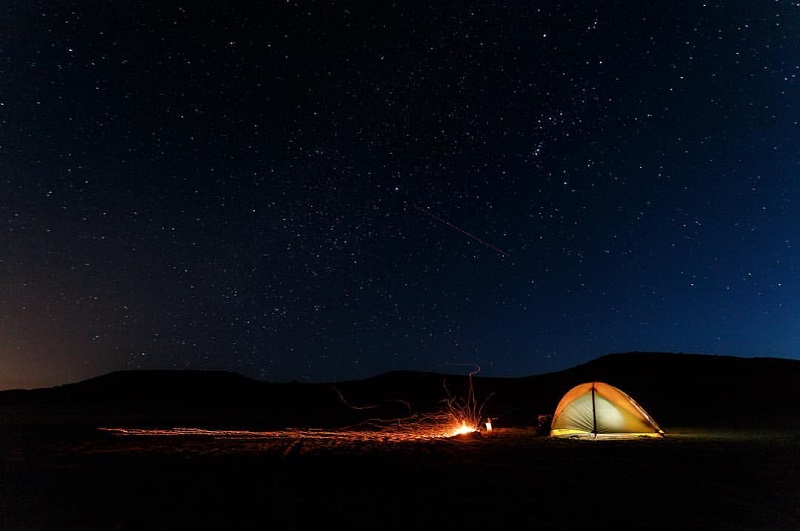This year's most intense meteor shower peaks tonight.
The sky will be much darker due to a new moon in the sky, and viewers will see up to 120 meteors an hour -- each meteoroid travelling at 35 kilometres per second. These particular Geminid meteors will create much larger arcs in the sky because they penetrate deeper into the Earth's atmosphere than other meteor showers of the year. The shower can be seen both in Southern and Northern Hemispheres and will be visible as soon as the sky gets dark enough tonight. Here are some tips to enhance your experience during this meteor shower:
Scott Young, the Manager of the Planetarium and Science Gallery from the Manitoba Museum gave us more on this exciting event:
"We are right in the middle of the Geminid Meteor Shower which is an annual event that always happens around December 12th, 13th, and 14th... The Earth is hurtling through a giant cloud of dust that is out there in space; basically, like a cosmic dust bunny. Each little piece of dust, when it crashes through to the Earth, goes through the atmosphere so quickly that it just heats up because of friction. It just vaporizes in a flash of light. All the way down here on the ground we can see those flashes of light as what we call a meteor or a shooting star."
"You can see those on any night, but this is one of the best times of the year to see them because we are going through that big dust bunny. There's lots of dust hitting us. For the next several evenings we'll have a great chance of seeing a shooting star not just once a night, but every minute or two."
Scott told us that this meteor shower will last a few more days. The Geminid meteor shower peaks around tonight, and then will fade off after a few days. The number of meteors will go down until it fades away.
Here are his tips for catching a glimpse of the meteor shower:
- All of the meteor activity happens above the cloud level, so if it is cloudy we will be unable to see them. However, if it is clear, you still have a few impediments.
- City lights will stop you from seeing the fainter meteor showers. If you can get away from city lights you will be able to get a much better view.
- The meteor shower peaks from 10 pm - 2 am. You probably won't see many meteors right after sunset.
- Watching the stars is NOT an aerobic activity. This meteor shower takes place in December, so you need dress warmly. You won't have much fun if your teeth are chattering and you're shivering!
- Make sure you have a buddy and reliable transportation so you don't get marooned.
If you happen to miss tonight's show, wake up early tomorrow! The Geminid meteors may stay present until December 16th.
Here's a great way to find a dark sky spot near you.
If you still can't see it, NASA will be broadcasting the event live here.












